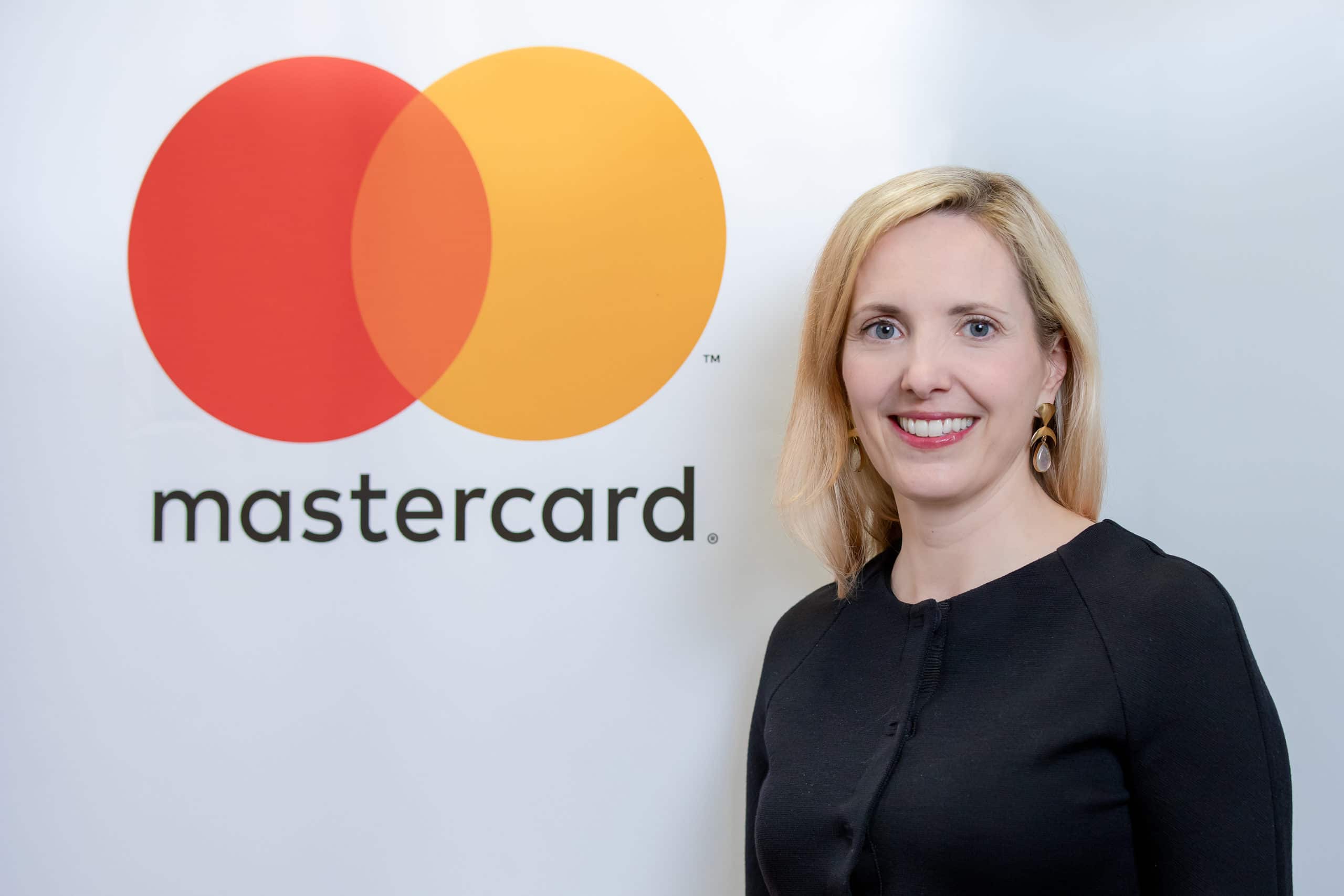Why companies must make gender equality a central, guiding theme, not only in their diversity and inclusion efforts and hiring practices, but in their business strategy and leadership.
Businesses that want to grow sales and market share are looking for ways to increase their pool of customers. The good news is that there is a massive market segment and resource that remains under-utilized: women.
Consumer product companies and marketers have long understood that women are the key decision-makers when it comes to household purchases. While they may have invested in understanding the purchasing behavior driving sales in their markets, often, the data they rely on doesn’t adequately capture women’s experiences and needs. Moving into the future, the companies that compete successfully will be those that build women’s participation into every level of their workplace and decision-making processes, from leadership and strategy, through product design to customer-facing roles.
This need for diversity extends to the new frontier of artificial intelligence (AI). As companies are increasingly using data to drive decision-making, we have to confront the reality that women are often excluded from both the creation of AI and the data that is being collected.
There is already strong evidence that companies that have women on boards and in senior executive roles are out-performing their competitors. Studies show that businesses with diverse leadership enjoy 21% higher revenue than their peers and are 27% more likely to have long-term value creation. These numbers are more significant at a time when revenues are being challenged due to the Covid-19 pandemic.
Women’s increased participation in the workforce also holds the prospect of greater economic growth. Women’s unequal participation costs the economies of sub-Saharan Africa an estimated $95 billion (R1.7 trillion) every year. Women also invest more than 90% of their incomes back into their families and communities, further contributing to prosperity. If women participated equally in the global economy, they could add $28 trillion to global GDP by 2025, a number to consider as we look for a global recovery from the pandemic.
In a report from the UN’s International Labour Organization (ILO), almost two-thirds (65.3%) of enterprises in Africa reported that initiatives on gender diversity and equality helped enhance business outcomes, including profitability and productivity. Yet inequality, exclusion and inflexibility hold women back in many aspects of their everyday lives, including at work. The challenge: how do we design workplaces that enable women’s participation at every level?
First, are you dedicated to gender balance in the workplace?
Companies must make gender equality a central, guiding theme, not only in their diversity and inclusion efforts and hiring practices, but in their business strategy and leadership. We must be committed to reshaping the way our world is designed, coded and constructed by bringing different perspectives to the table. Decision-making marked by a diversity of perspectives and experiences is stronger and companies that create diverse teams will win.
This commitment must be explicit and measurable. At Mastercard, for example, we link our management goals and KPI’s to diversity and inclusivity, creating accountability. If you believe in it, make it real.
Second, do you have expertise you can develop into a learning opportunity for women?
Examine your core business and its intangible assets. Is there knowledge that you can transfer to women in your own workplace and beyond? The key is to identify pockets of expertise core to your company and place women in those areas. They will build their knowledge and, in turn, impart that knowledge as they move to increasingly senior roles. For example, we are a diversified payments technology company that operates a global network, which I characterize as the beating heart of the company. Immediately prior to joining our South African office, I worked for 18 months in our Operations and Technology Group. I believe that all of our employees should cycle through a technology role to gain knowledge of our core business. For my part, my understanding of our company is forever changed.
Beyond our company walls, we have committed to growing financial inclusion, with a goal of bringing one billion people into the global financial system by 2025. As part of these efforts, we do extensive training around digital financial literacy, 4IR technology fields and business mentorship. We have also created Girls4Tech, which is developing a strong pipeline of talent by encouraging girls to embrace STEM subjects that will prepare them for the workforce of the future.
Third, how can we re-wire the workplace to better function for women?
Having women in your workforce is one thing, but have you examined your workplace? The upheaval of lockdowns and social distancing in the last few months have made many of us rethink our idea of the ideal workplace. According to UN Global Compact, the Covid-19 pandemic has hit women disproportionately hard, as they are more likely to be in lower-paying, insecure and informal jobs. They are also more likely to be burdened with increased childcare responsibilities with schools and nurseries closed. In South Africa, two-thirds of those who lost their livelihoods are women.
How do we rebound from this? Too much of the world was not designed with women in mind, and more often than not, workplaces aren’t optimized in such a way where both men and women can be productive, contribute to success and reach their potential. Return to work programs and flexible family-friendly environments are key, as they promote and encourage women’s participation in the workforce.
The business case, economic case, and societal case for diversity in the workplace is clear. Now, we need to devise roadmaps and act to build the workplaces that meet the challenges of the future.
Because a world that works better for women creates limitless possibilities for us all. It’s a world that gives everyone the chance to unleash their potential, pursue their passions and make extraordinary things happen.
– By Suzanne Morel, Country Manager, Mastercard, South Africa
